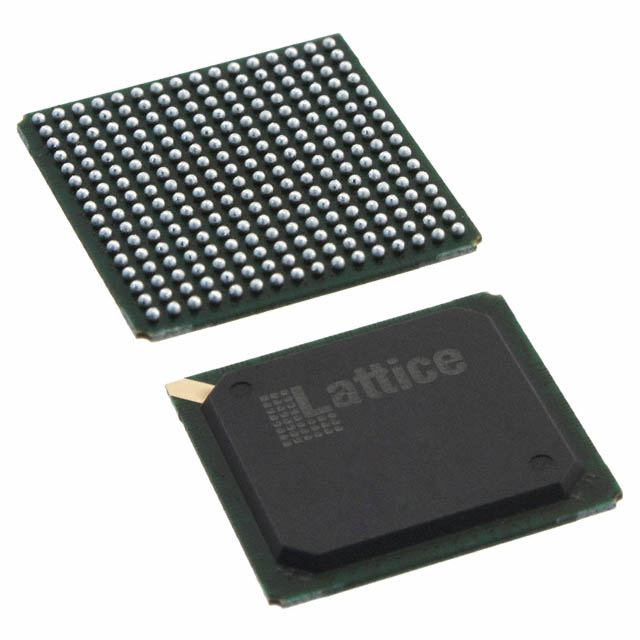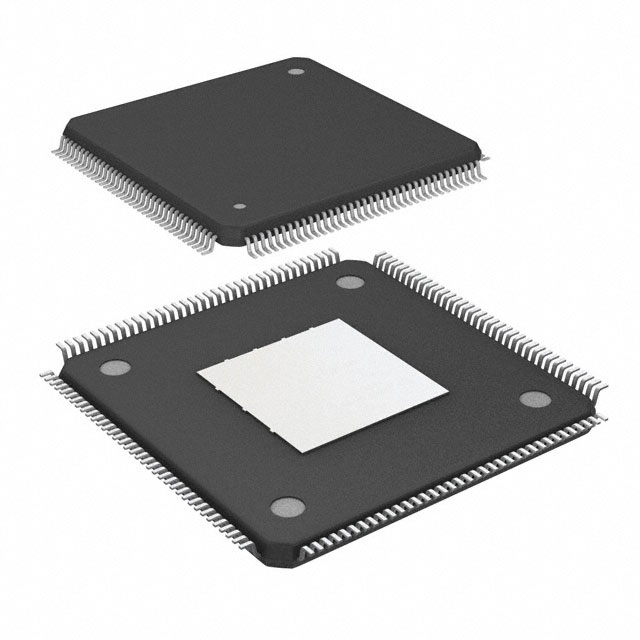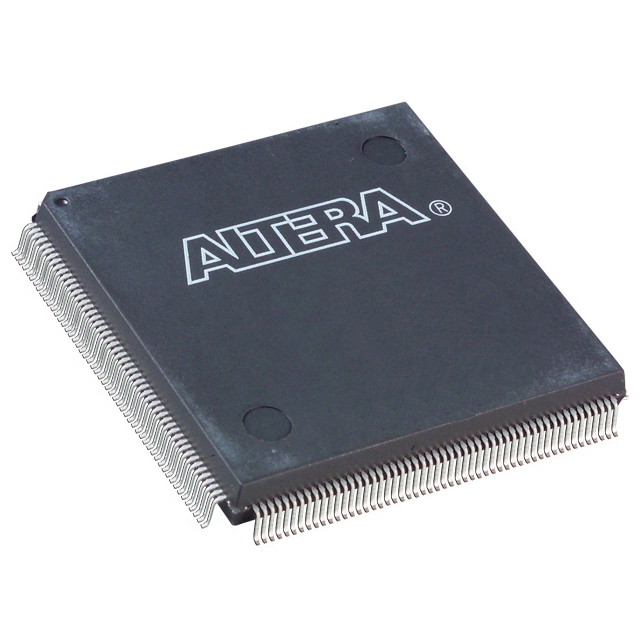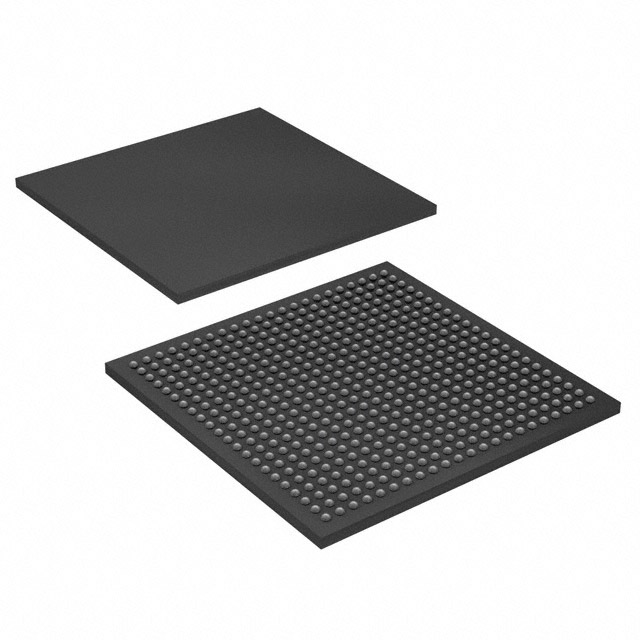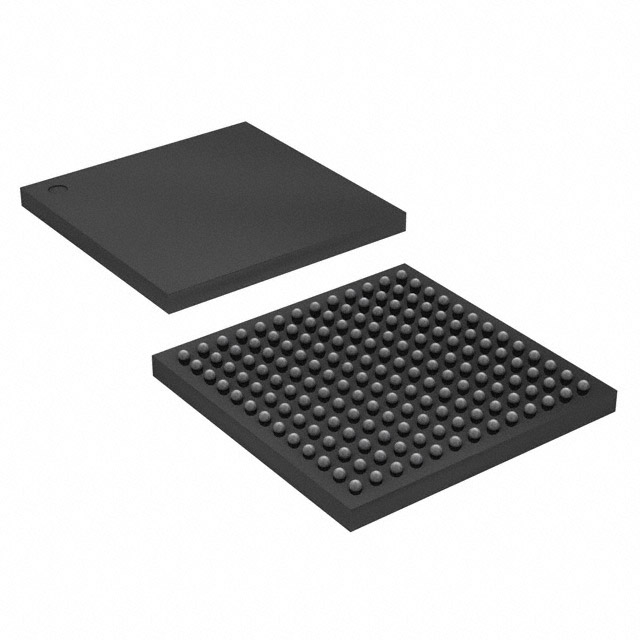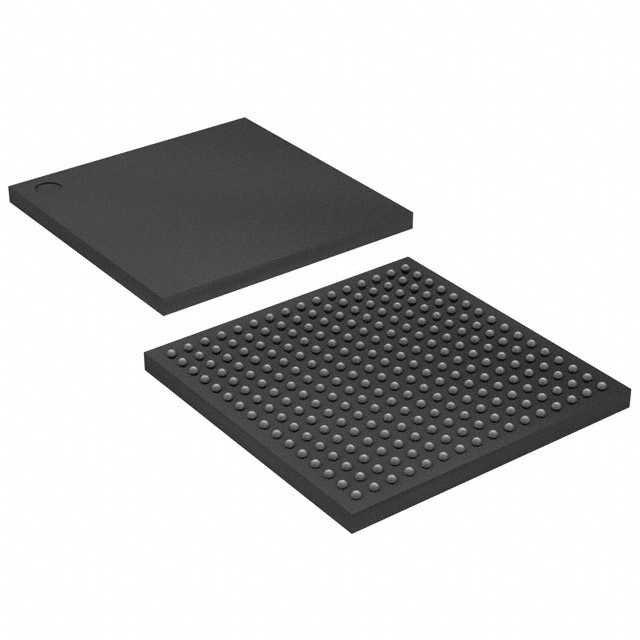In Stock : 0
Please send RFQ , we will respond immediately.









5CEFA2M13I7N Specifications
-
TypeParameter
-
Supplier Device Package383-MBGA (13x13)
-
Package / Case383-TFBGA
-
Operating Temperature-40°C ~ 100°C (TJ)
-
Mounting TypeSurface Mount
-
Voltage - Supply1.07V ~ 1.13V
-
Number of I/O223
-
Total RAM Bits2002944
-
Number of Logic Elements/Cells25000
-
Number of LABs/CLBs9434
-
DigiKey ProgrammableNot Verified
-
PackagingTray
-
Product StatusActive
-
SeriesCyclone® V E
The 5CEFA2M13I7N is an integrated circuit chip from the Cyclone V series of Field-Programmable Gate Arrays (FPGAs) developed by Intel (formerly Altera). Here are some advantages and application scenarios of this chip:Advantages: 1. High Performance: The 5CEFA2M13I7N chip offers high-speed processing capabilities, making it suitable for applications that require real-time data processing and high-performance computing. 2. Flexibility: Being an FPGA, it provides the ability to be reprogrammed and reconfigured, allowing for customization and adaptability to different applications. 3. Low Power Consumption: The chip is designed to be power-efficient, making it suitable for battery-powered devices or applications where power consumption is a concern. 4. Integration: It integrates various components like logic elements, memory blocks, and digital signal processing (DSP) blocks, reducing the need for external components and simplifying the overall system design.Application Scenarios: 1. Communications: The 5CEFA2M13I7N chip can be used in communication systems for tasks like signal processing, protocol handling, encryption/decryption, and network packet processing. 2. Industrial Automation: It can be employed in industrial automation systems for tasks like control and monitoring, data acquisition, and machine vision processing. 3. Video and Image Processing: The chip's high-performance capabilities make it suitable for video and image processing applications, such as video encoding/decoding, image recognition, and computer vision. 4. Internet of Things (IoT): With its low power consumption and flexibility, the chip can be used in IoT devices for tasks like sensor data processing, edge computing, and connectivity. 5. Aerospace and Defense: The chip's high-performance computing capabilities and integration make it suitable for aerospace and defense applications, including radar systems, avionics, and secure communications.It's important to note that the specific advantages and application scenarios may vary depending on the requirements and design choices made by the system designer.


















